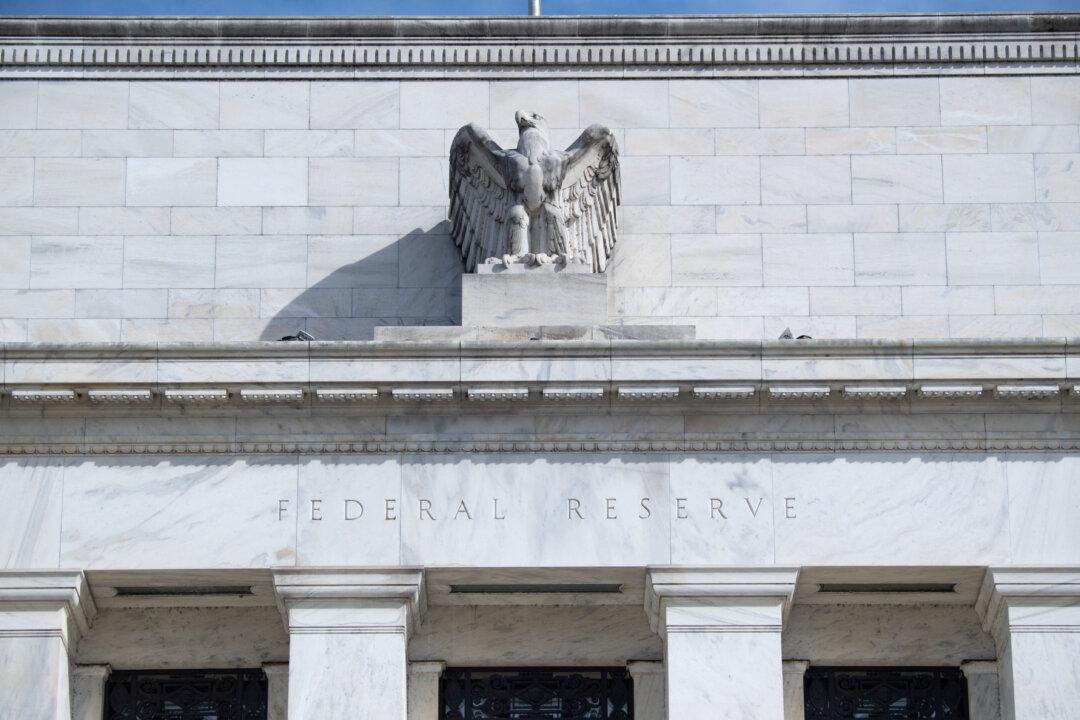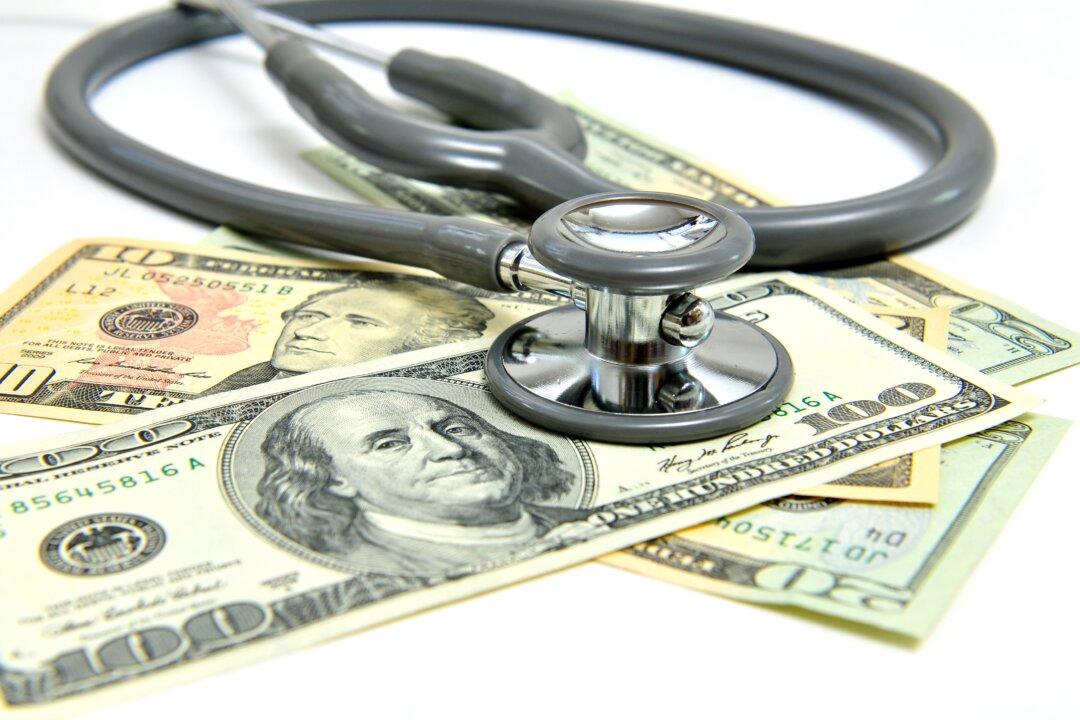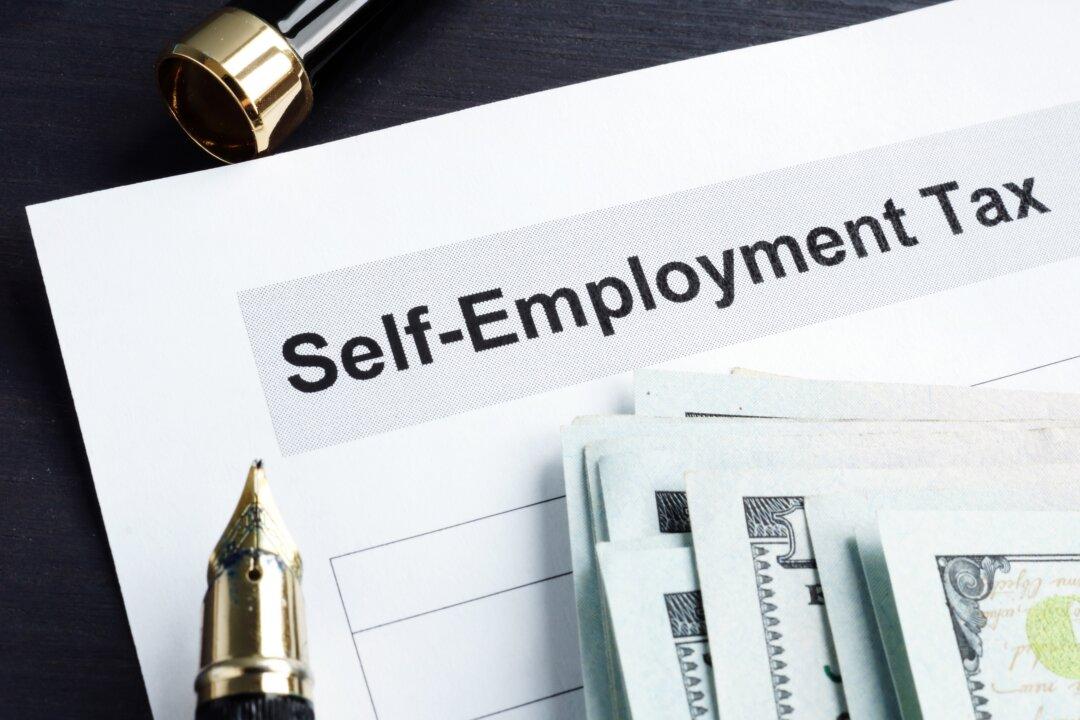On March 16, money became more expensive.
Any time you buy something on credit, you are essentially “buying” money. You agree to pay that money back over time, but often pay interest on that borrowed money. The interest rate for that borrowing is determined using the federal reserve benchmark rate as a starting point. From there, interest rates climb based on the market and the type of credit you have received.






